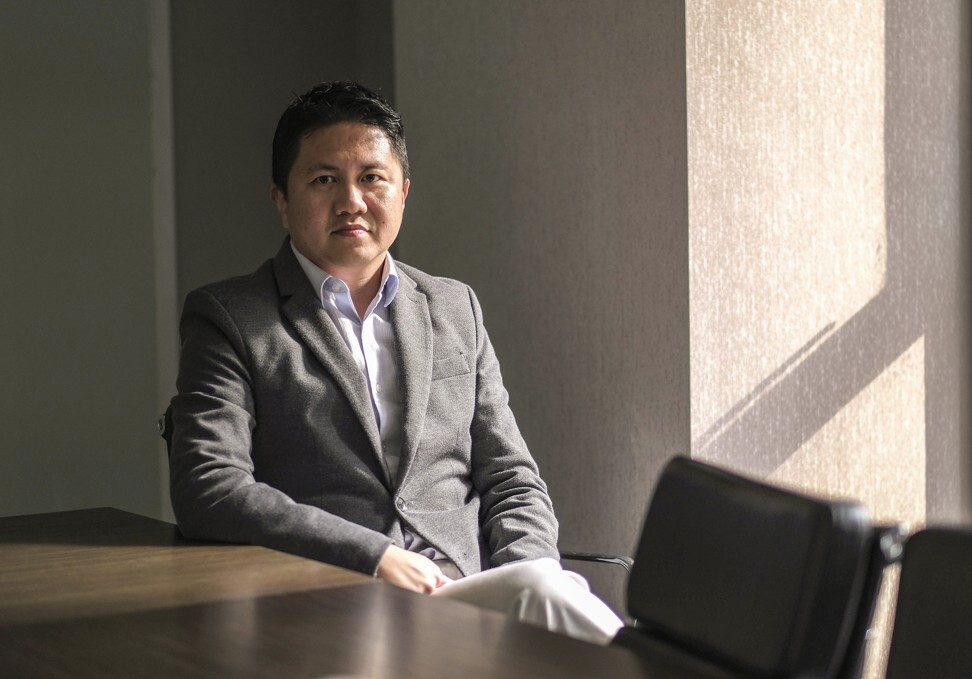
Asia-Pacific families grow wealth faster on back of riskier assets like cryptocurrencies, report says
- More than 90 per cent of family offices in the region plan to increase or maintain existing private equity investments next year
- The survey of 385 family offices globally shows a greater appetite in Asia for new asset classes like cryptocurrencies
Family offices in the Asia-Pacific have seen their wealth grow faster than global peers this year, as they have shown a greater willingness to invest in private equity and risky new asset classes such as cryptocurrencies, according to the 2021 Global Family Office Report released on Wednesday.
Twenty-nine per cent of these family offices in the region reported a significant increase in wealth over the last 12 months, more than the global average of 21 per cent, according to the Asia-Pacific edition of the report jointly launched by Raffles Family Office and research firm Campden Wealth. Family offices manage investment and succession planning for wealthy families or individuals.
The results are based on surveys of 385 family offices around the world, collected between April and July. The 76 offices surveyed in Asia-Pacific managed families with a combined net worth of US$122 billion, an average of US$1.6 billion in wealth per office.
China’s crackdowns put the rich in crisis mode, looking for an escape route
“The strong growth of family offices in the region is driven by the fact that Asia is creating billionaires at a pace faster than anywhere in the world, with four out of 10 new billionaires globally coming from Greater China,” said Kwan Chi-man, founder and chief executive of Raffles Family Office. “If you include Asia, they represent half of the world.”
Asia-Pacific accounts for the highest number of ultra-high-net-worth individuals, with 38 per cent of the ultra-wealthy residing in the region. Forbes estimates its list of 1,149 billionaires from the region are worth a total of US$4.7 trillion, compared with 788 billionaires in the US and Canada worth a total of US$4.6 trillion.
The report shows that families in Asia-Pacific have been more willing to invest in riskier assets, with the potential for greater returns. Half of Asia-Pacific families surveyed liked to invest in such products, compared with 35 per cent in Europe and 32 per cent in North America. More than 90 per cent of family offices in Asia-Pacific said they plan to increase or maintain their private equity investments next year.
Offices in this region are also more willing to invest in new asset classes, with 38 per cent indicating that they would increase their exposure to cryptocurrencies, a much larger share than the global average of 28 per cent.
“A few years ago, we were still arguing if cryptocurrencies are a real asset class. This year, it is agreed that cryptocurrencies and blockchain technology, as well as NFTs (non-fungible tokens), are here to stay,” Kwan said.

This appetite for riskier investments has grown as the second generation of wealthy families has started to take control of family assets. The younger, more educated stewards of family wealth have shown a greater tolerance for risk, according to Kwan.
Some of these younger ultra-wealthy individuals include self-made billionaires who founded successful technology companies. They gained their wealth through public listings of their companies, and they tend to be 10 to 20 years younger than other billionaires, Kwan said.
Aggressive investment strategies do not always work out. While the value of cryptocurrencies like bitcoin and ether have surged this year, a crackdown on the technology sector from Beijing regulators has sent tech stocks plummeting in China and Hong Kong since July. Regulators have targeted monopolistic behaviour, data management practices, private tutoring and video gaming, each resulting in market volatility.
Kwan said the market slump is a “mini-crisis”, but he added that it would not hurt family offices in Asia.
“Many family offices are cash-rich and they only have a lot of liquidity,” he said. “Once stock markets are falling, they may consider it a good time to buy low in the markets”

